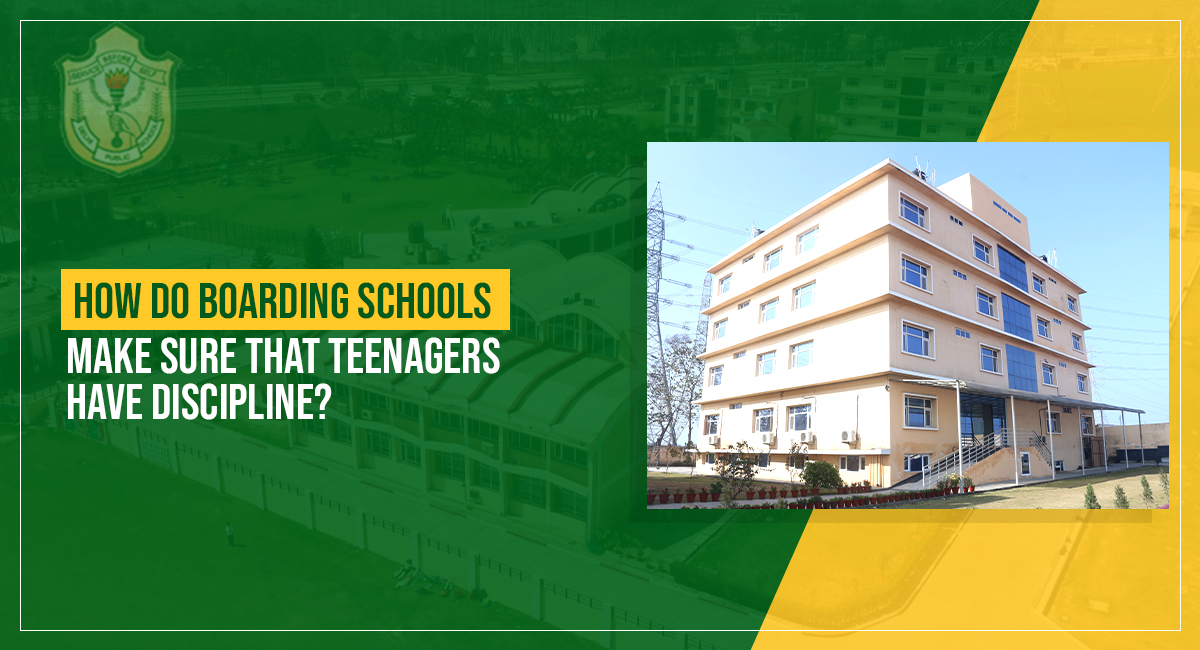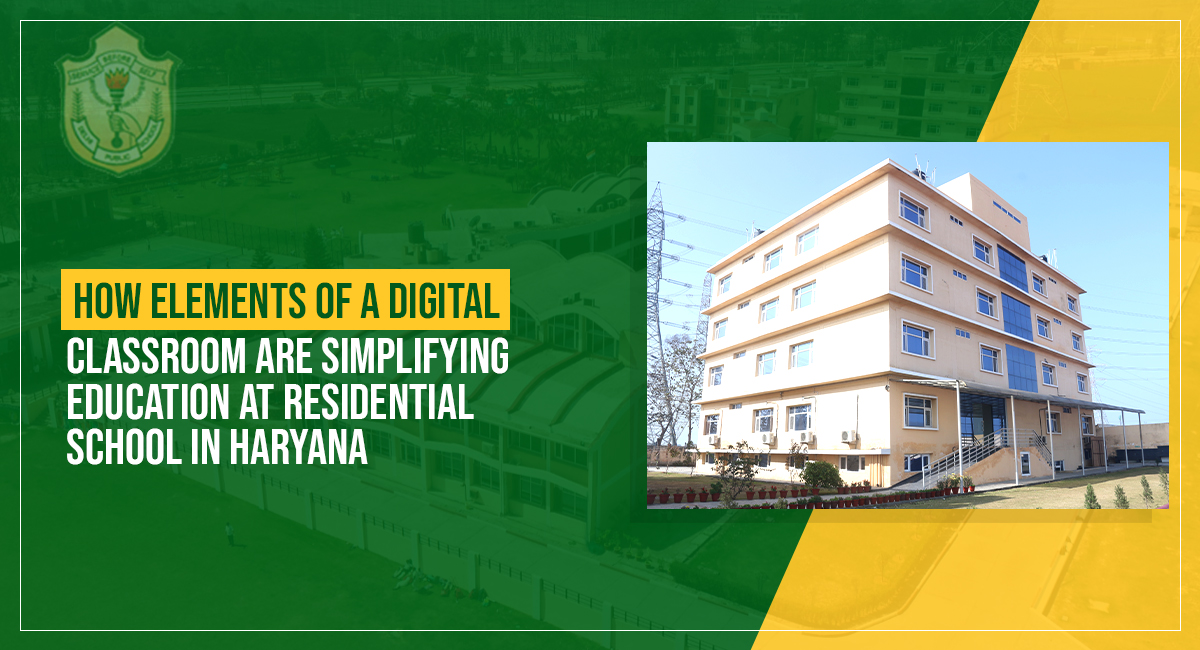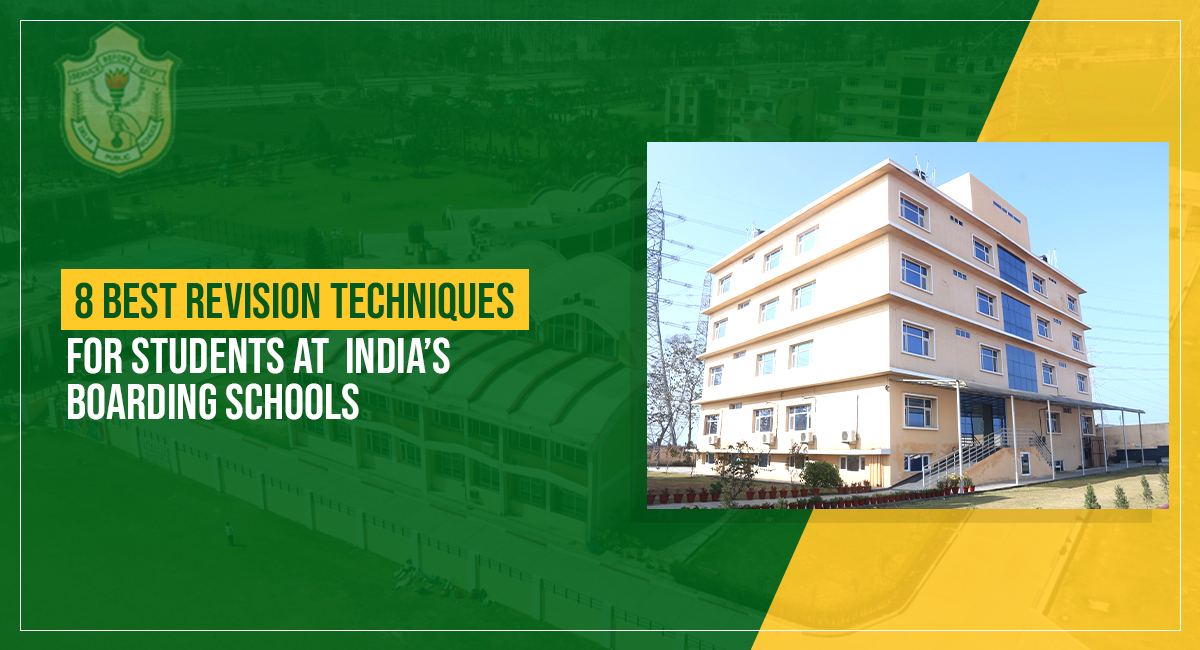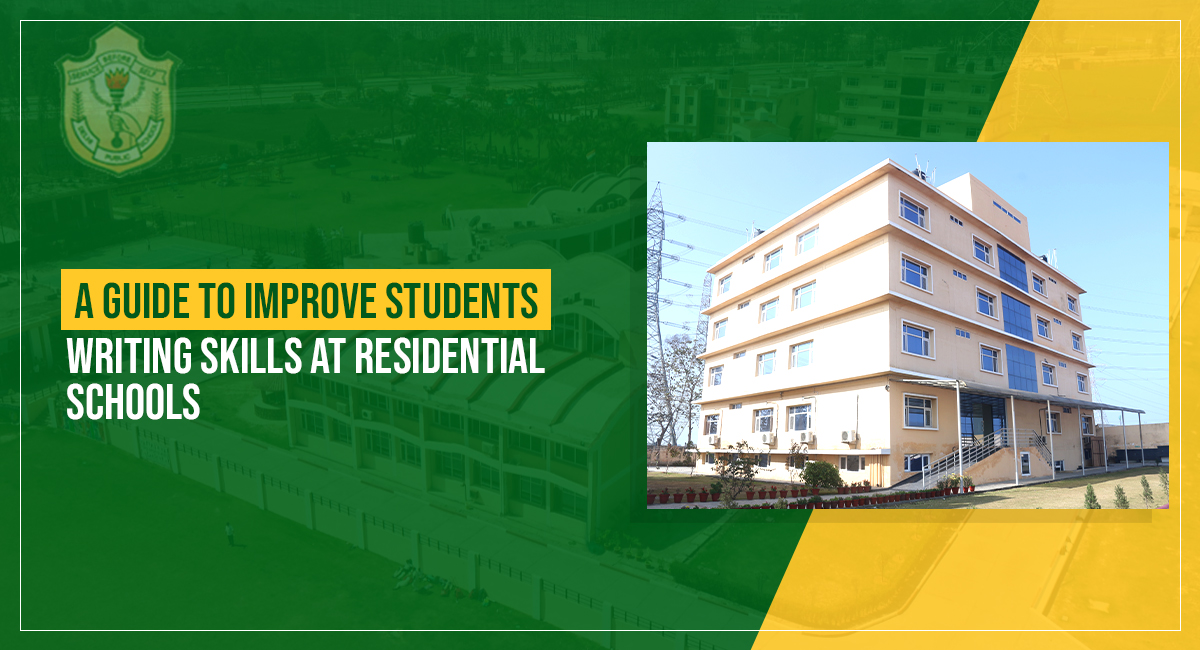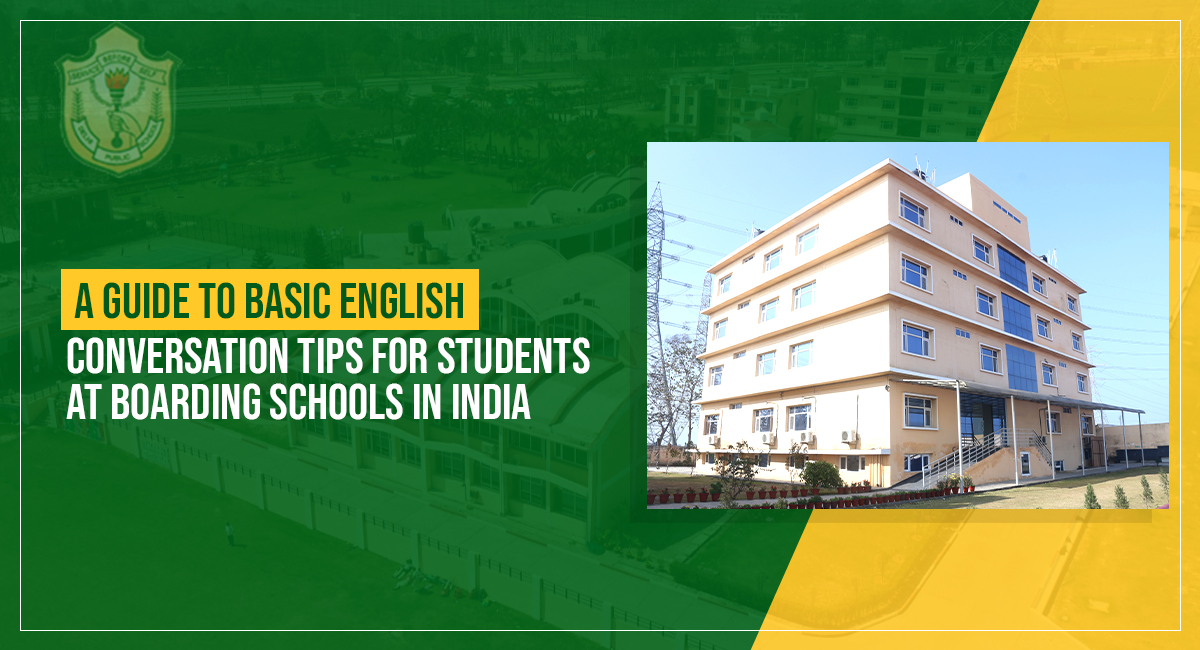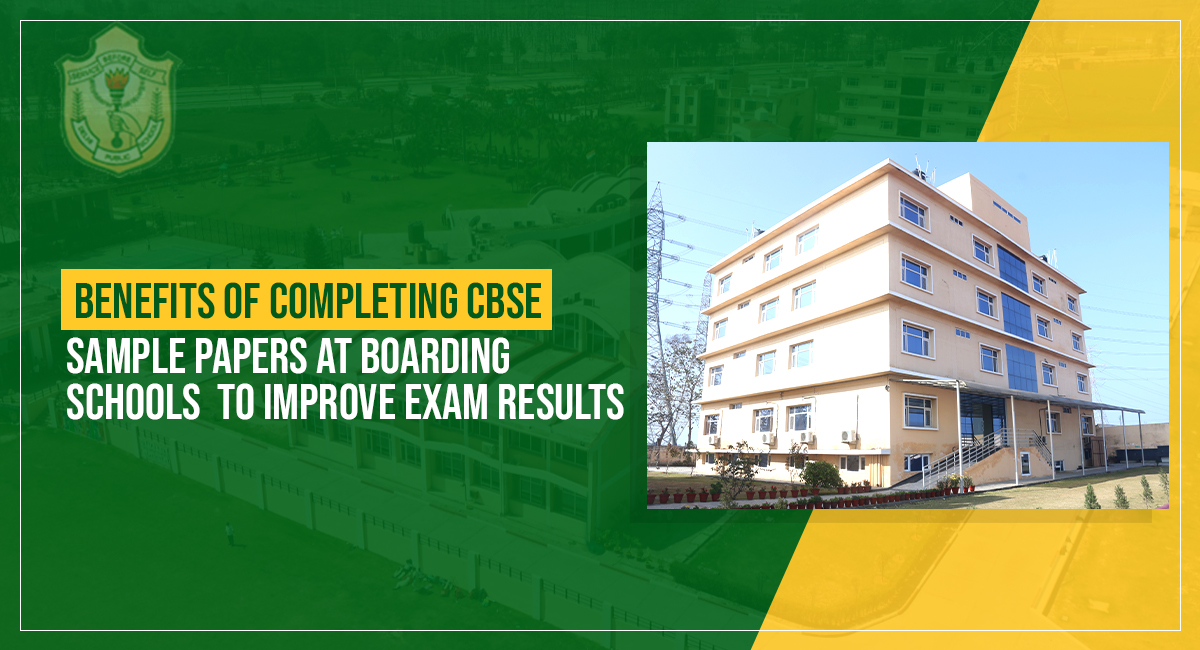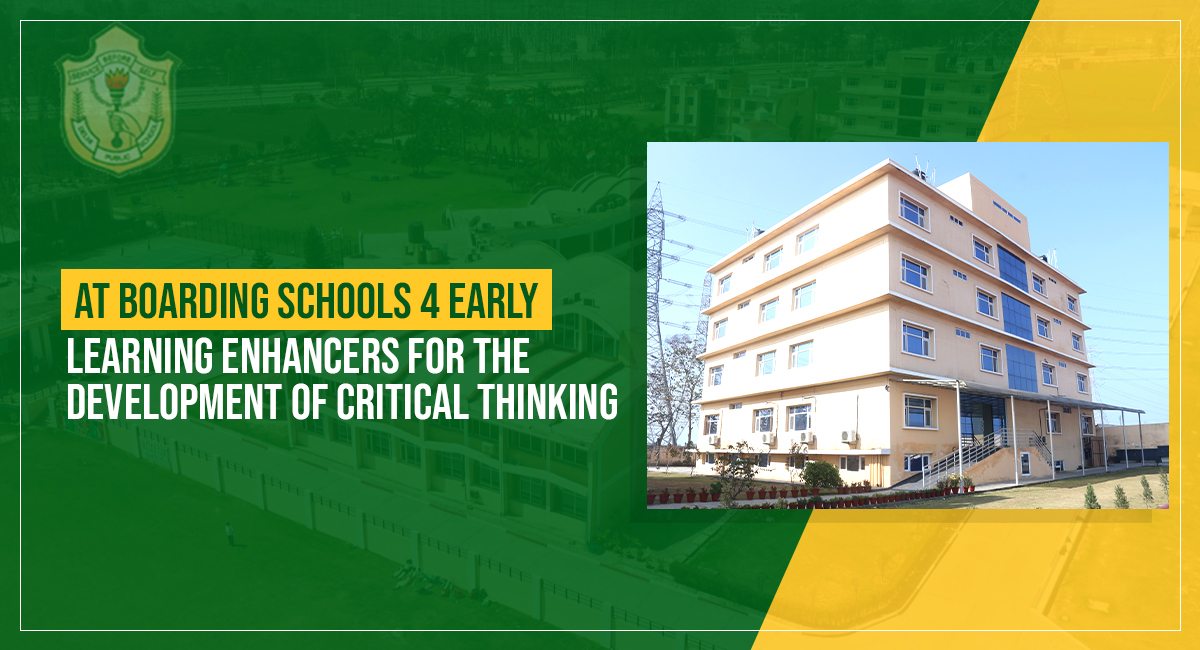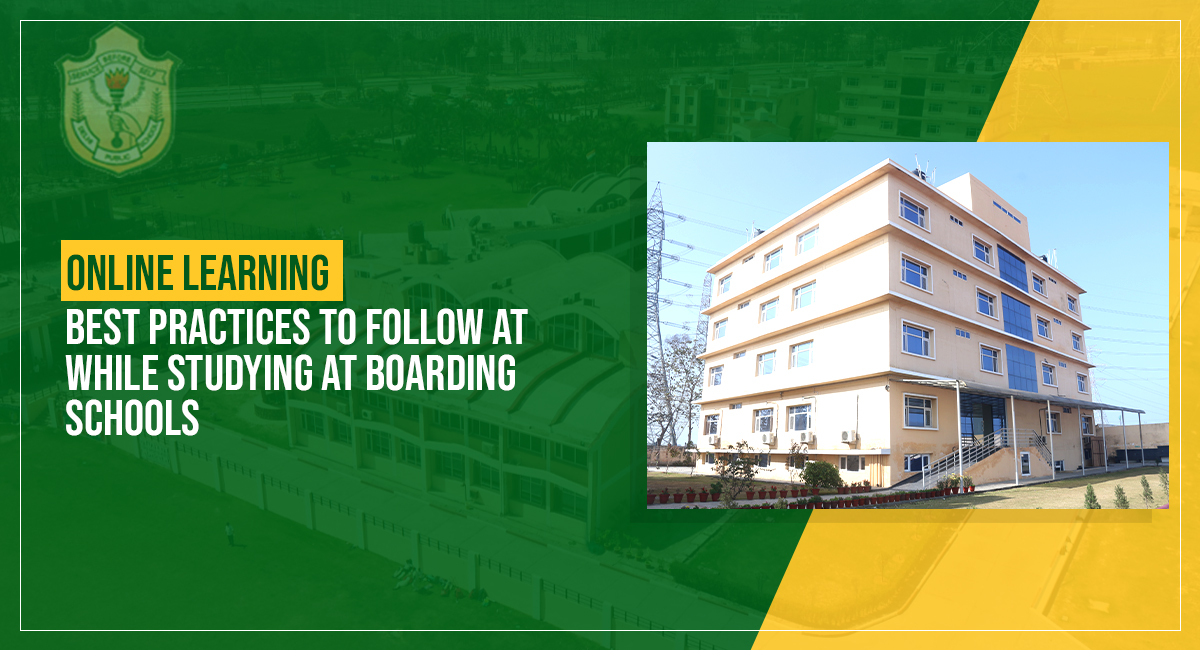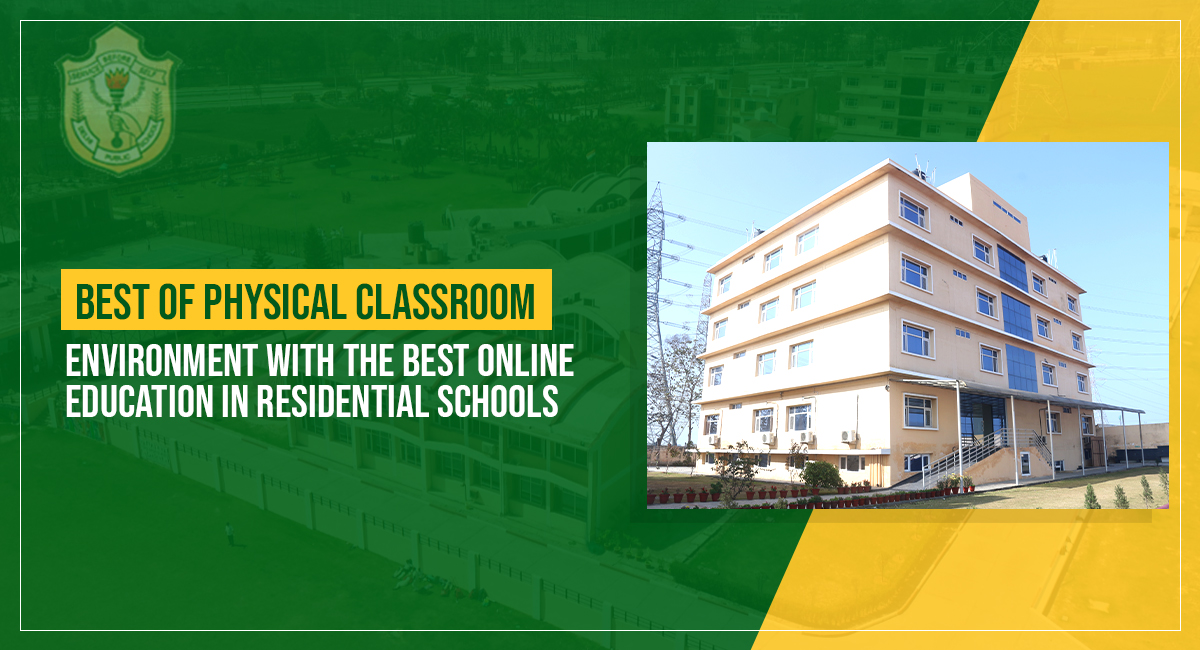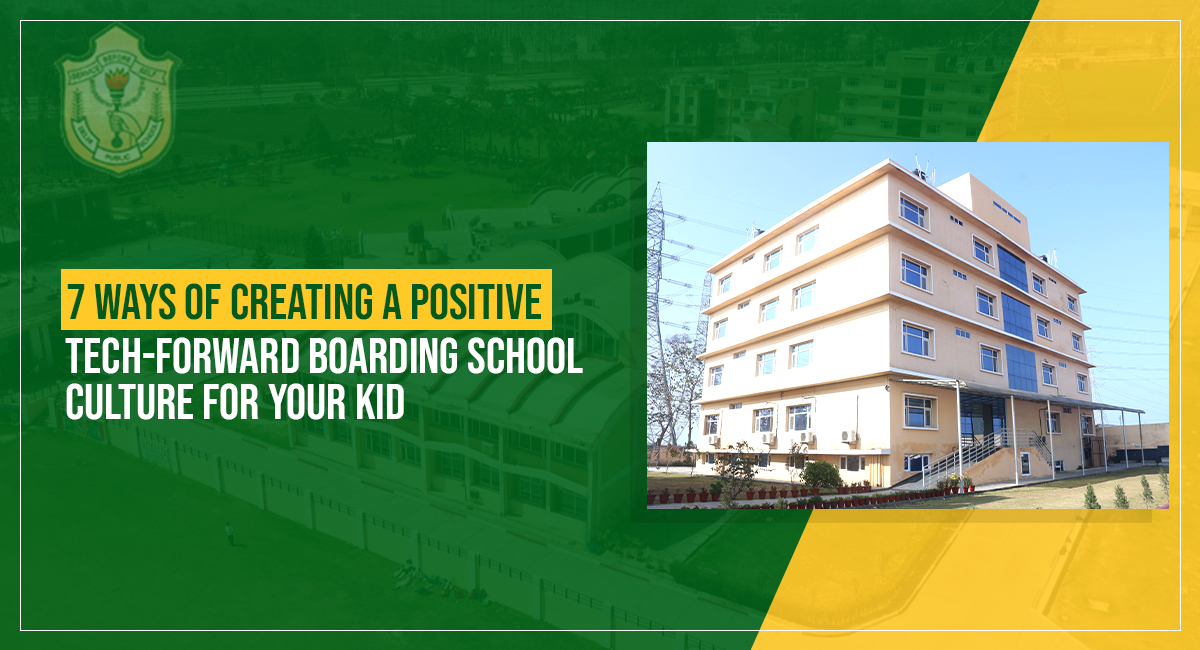In the realm of education, boarding schools stand out as institutions that not only provide academic excellence but also instill discipline and character in their students. Among these, the best boarding schools in India, especially those affiliated with the Central Board of Secondary Education (CBSE) in North India, have gained recognition for their holistic approach towards education and discipline. The meticulous methods employed by these esteemed institutions to ensure teenagers maintain discipline within their boarding school environment.
Nurturing Discipline: A Closer Look at the Boarding School Experience
The best cbse boarding school in north india are excellent at using a variety of techniques to help kids develop discipline. These institutions mold accountable, responsible people by emphasizing structure, direction, and accountability. Here are a few essential methods for upholding discipline:
1. Instilling core values – The cultivation of fundamental values like respect, integrity, accountability, and self-discipline is given top priority in boarding schools. Students are taught to embrace these ideals and incorporate them into their daily lives through a well-crafted curriculum and extensive code of conduct.
2. Structured routine and timetable – A clear daily schedule aids in instilling discipline in pupils. Boarding schools foster an atmosphere where structure is second nature, from having set wake-up times to adhering to a busy schedule that combines extracurriculars, academics, and personal leisure.
3. Mentorship and guidance – Boarding schools frequently assign students to committed mentors or advisers who are essential to their development both academically and personally. These mentors have high expectations for behavior and performance and provide direction, encouragement, and role modeling. They also inculcate discipline via their interactions.
Why does discipline matter in Boarding schools?
Boarding schools are well-known for the discipline they instill in their students, which aids in character development and helps them overcome all of life’s challenges. The following is a list of some of the reasons why boarding schools encourage discipline:
- Character Development:
Boarding schools prioritize discipline to instill values of responsibility, integrity, and self-control in students. Through adherence to rules and regulations, students learn the importance of accountability and respect for authority. These character traits form the foundation of their personal and professional lives, preparing them to become ethical leaders and productive members of society.
- Time Management Skills:
In boarding schools, a disciplined routine helps students effectively manage their time between academic pursuits, extracurricular activities, and personal responsibilities. This cultivates essential time management skills that are invaluable for success in both academic and professional spheres.
- Community and Social Harmony:
Discipline fosters a sense of community and social harmony within boarding school environments. Students learn to coexist peacefully, respecting each other’s boundaries and differences. This promotes a supportive and inclusive atmosphere where students can thrive academically, socially, and emotionally.
- Preparation for Life Challenges:
By learning discipline in boarding schools, students are better equipped to navigate the challenges they will face in their future endeavors. Whether in higher education, careers, or personal relationships, the discipline instilled during their formative years serves as a guiding principle for success and fulfillment.
Why are boarding academies effective in ensuring discipline?
1. Immersive environment – The immersive setting that boarding schools provide is one of the main reasons they are successful in instilling discipline. Away from outside distractions and harmful influences, students live on campus. Students benefit from this regulated atmosphere, which makes it possible to consistently reinforce the school’s ideals and gives them a sense of belonging and purpose.
2. Peer influence – Boarding academies frequently draw bright, driven students from a variety of backgrounds. In a setting like this, peer pressure can be a strong motivator for discipline. Students are more likely to take on similar habits and attitudes when they are surrounded by peers who place a high value on both academic achievement and personal development, which strengthens the disciplined environment.
3. Time management and independence – Students who live away from home in an educational boarding facility gain important life skills including independence and time management. Students who have set timetables and duties for themselves learn how to manage their personal, extracurricular, and academic responsibilities. This builds a strong basis for their future activities by instilling a feeling of accountability and self-discipline.
4. Supportive community – The tight-knit community of boarding academies provides pupils with a network of support. A sense of support and belonging is fostered by teachers, staff, and other students. In addition to offering academic and emotional help, this support system upholds the expectations and disciplinary principles of the school.
When and where boarding academies make a difference?
Boarding schools have a significant positive impact on a child’s life by providing education, character development, and a structured atmosphere that encourages academic success and personal development. Principal variations brought about by educational boarding facilities consist of:
1. Adolescence and personal growth – Teenage years are a critical time for character and personal development. During this formative period, boarding schools offer an environment that prioritizes the entire development of their students. Boarding schools provide teenagers with the mindset and abilities needed to overcome obstacles and succeed in a variety of spheres of life by fostering discipline.
2. Challenging environments – For students from difficult or disturbed homes, boarding institutions are very beneficial. When a student’s home setting poses a challenge to their academic or personal development, an educational boarding facility can offer discipline, stability, and structure. This enables pupils to escape destructive patterns and concentrate on their learning and growth.
3. Global perspective – Many boarding schools attract students from different countries and cultures. Students have a rare opportunity to have a global perspective and respect for differing points of view because of this diversity. Students gain tolerance, empathy, and cultural knowledge through interactions with peers from other backgrounds, which strengthens their overall discipline and character.
In conclusion, discipline forms the bedrock of excellence in the best CBSE boarding schools in North India. It shapes students into well-rounded individuals equipped with the skills and values necessary to thrive in all aspects of life.

